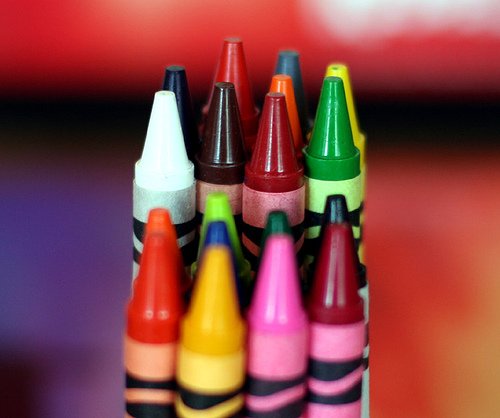
Photo: Paul Stein JC via Creative Commons (CC by SA 2.0)
Arts are low cost, but have low impact on children’s learning
An educational spending toolkit says creative activities are beneficial but the positive impact on academic learning is low.
Participation in the arts is a low cost, low impact provision to help children learn, says the Education Endowment Foundation. The Sutton Trust – EEF Teaching and Learning Toolkit , published by the Foundation, is designed to help education professionals decide the best ways of spending money, particularly in guiding them in how to spend the Pupil Premium – money given to schools to support pupils from disadvantaged background and close the attainment gap between them and their peers. In 2012/13, the Pupil Premium is worth £623 per child and by 2014-15 this is expected to rise to approximately £1,200 per child. The toolkit presents research findings and considers cost to present a guide to the impact of certain approaches to enhancing children’s learning. It claims there is “reasonably consistent but weak evidence” that that participation in artistic and creative activities are beneficial, but claims that “overall the impact on academic learning tends to be low.” It notes costs of implementing artistic provision vary depending on activity, but are generally not expensive.
Other low cost approaches including Peer Learning, where learners work in pairs or small groups to provide each other with explicit teaching support, are judged as having more positive impact on children’s progress than arts provision. Reducing class sizes is judged to be expensive but have a similar low impact to arts participation, whereas ensuring that young children have educational pre-school or nursery experiences is judged to be expensive but have a highly positive effect on academic success, based on robust evidence.
Join the Discussion
You must be logged in to post a comment.